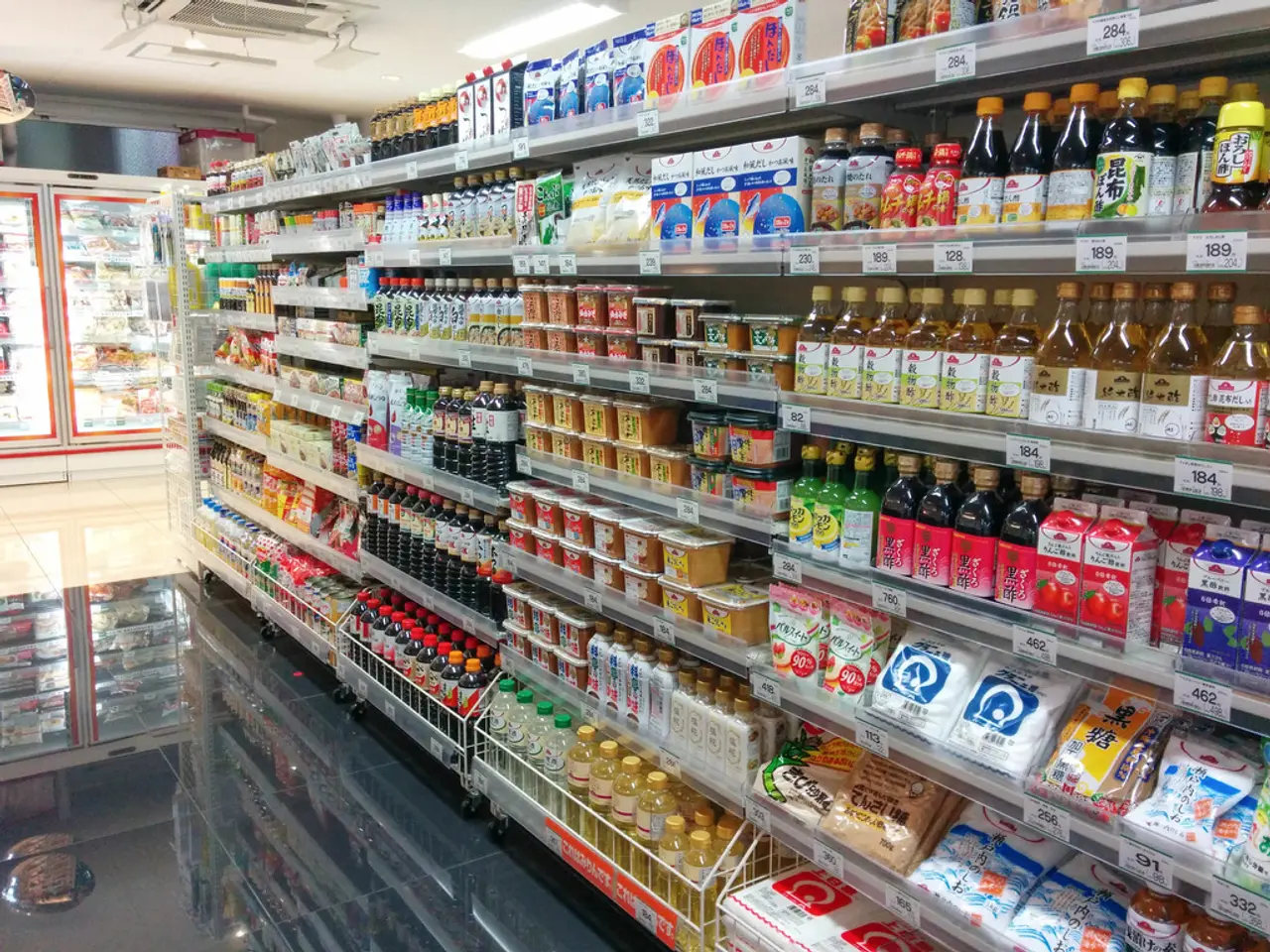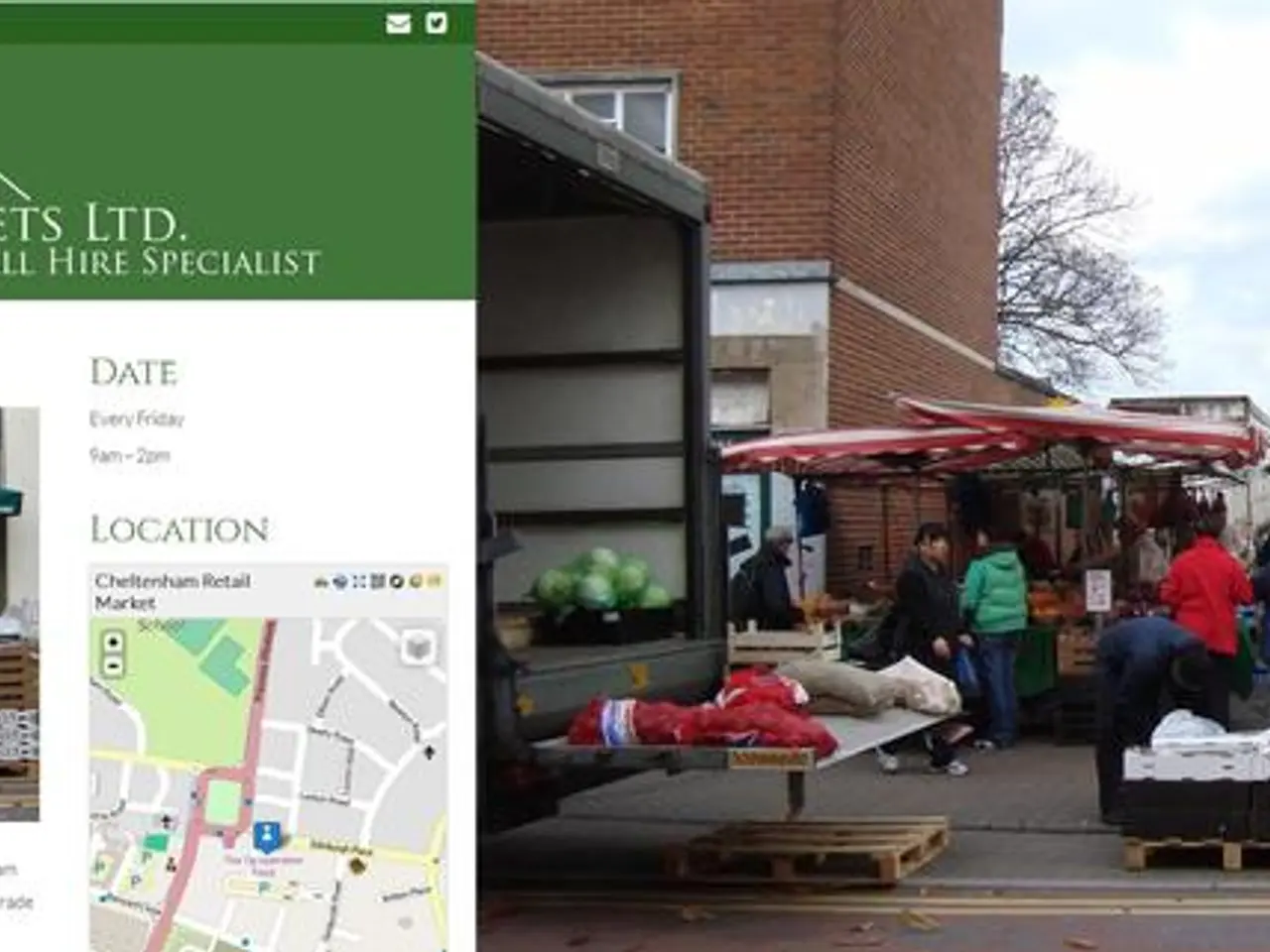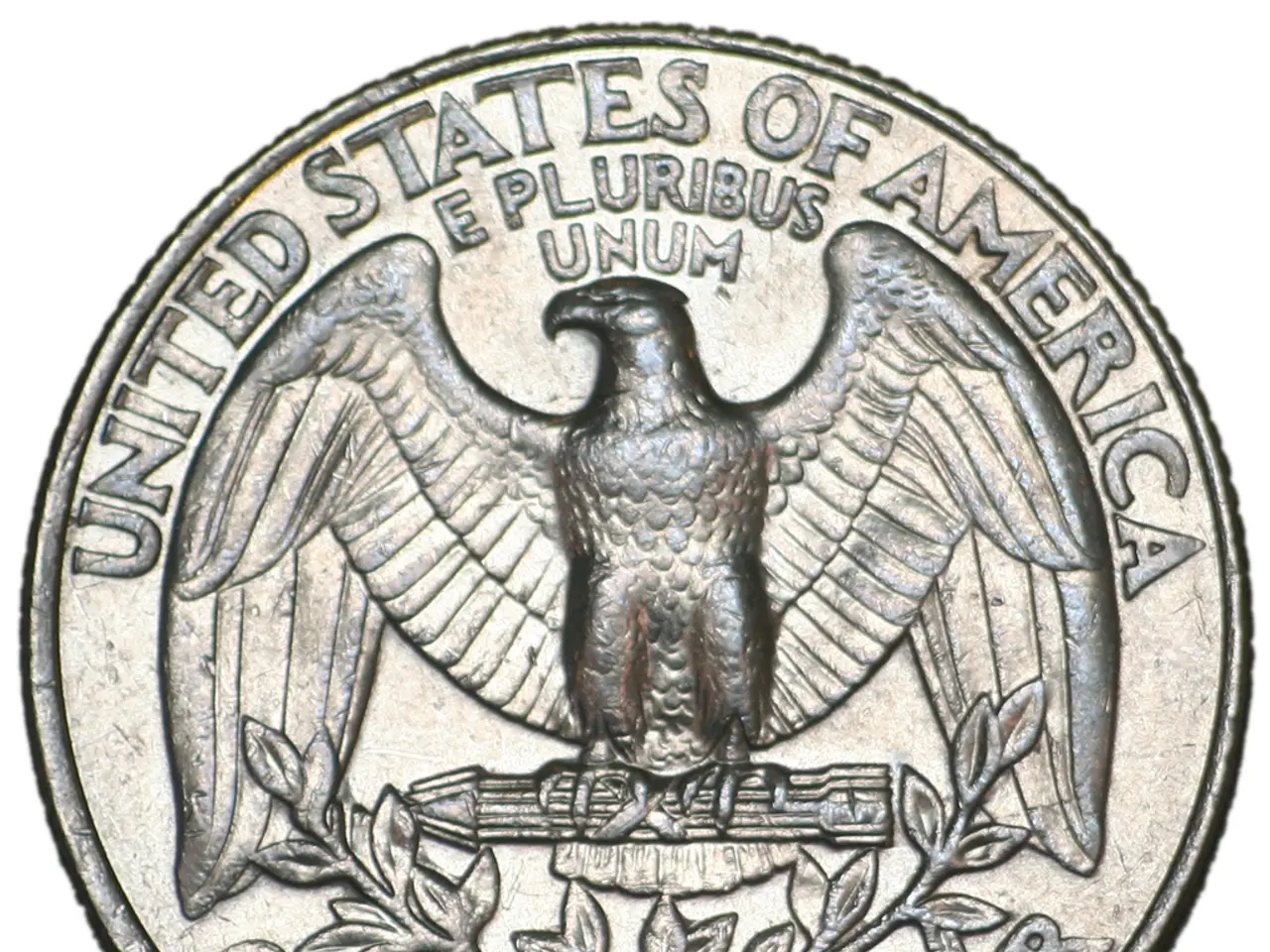Private equity firm grants $2 million emergency fund to ex-employees of Art Van furniture chain
In the world of retail, the influence of private equity (PE) firms has been a subject of much debate. A recent case study involving Art Van Furniture sheds light on the potential risks associated with PE ownership.
Art Van, once a thriving furniture retailer, took on significant debt after its acquisition by Thomas H. Lee Partners in 2017. This rapid expansion left the company with a larger lease footprint, which proved challenging when it hit troubled waters. Unfortunately, some of Art Van's best leases were rolled up into a new retailer, Loves Furniture, which, like Art Van, has also filed for bankruptcy.
This pattern is not unique to Art Van. Since 2016, dozens of PE-owned retailers have gone bankrupt, resulting in substantial job losses. A study traced 542,000 lost jobs and 18,000 closed stores to private equity-owned retailers, nearly quadrupling private equity's job creation figure in the retail industry.
The financial fragility of PE-backed retailers is evident. Retailers like Forever 21, Claire's, and J.C. Penney have all struggled under PE stewardship, with Forever 21's $1.5 billion debt load under PE ownership contributing to closures and job cuts. Claire's, with $475 million debt approaching maturity, is on the brink of filing for Chapter 11, while J.C. Penney's post-bankruptcy sale of 119 stores for under $1 billion signals continued financial strain.
High interest rates exacerbate these risks for PE-backed retailers because leveraged buyouts rely heavily on debt financing. Increased borrowing costs depress valuations and tighten liquidity, intensifying pressure on PE portfolio companies to meet debt payments and leading to more defaults or restructurings.
However, it's important to note that private equity firms don't necessarily lose money on investments even when retailers close or fully liquidate. For instance, Thomas H. Lee Partners, the firm that owned Art Van, contributed $1 million to a hardship fund for former Art Van employees.
The situation for Art Van employees has improved somewhat, with the hardship fund now totalling $2 million after a year-long campaign by workers. Eligible former Art Van employees can receive $1,200 each from the fund.
As retailers grapple with these challenges, the availability of consumer data is opening up new opportunities. This data allows retailers to personalize the shopper experience, potentially helping to drive sales and improve financial stability.
In the face of these challenges, employees and lawmakers are pushing for change. Art Van employees, along with others, have been pushing for legislation sponsored by Democratic Sen. Elizabeth Warren to increase liabilities for private equity firms, curb fees and dividends, and prioritize worker pay in bankruptcies.
Despite the challenges, the retail sector continues to evolve, with about a third of retailers owned or previously owned by private equity firms since 2002 having filed for bankruptcy. The future of PE-backed retail remains uncertain, but one thing is clear: the impact of private equity ownership on retail bankruptcies and job losses is a significant issue that warrants continued attention and discussion.
[1] Egan, L. (2021). Private equity's role in retail bankruptcies. Retrieved from https://www.cnbc.com/2021/03/31/private-equitys-role-in-retail-bankruptcies.html [2] Singer, E. (2020). Claire’s files for bankruptcy, citing pandemic and debt. Retrieved from https://www.cnbc.com/2020/03/18/claires-files-for-bankruptcy-citing-pandemic-and-debt.html [3] Lopez, R. (2020). J.C. Penney says it will close 154 stores as it files for bankruptcy. Retrieved from https://www.cnbc.com/2020/05/15/jcpenney-files-for-bankruptcy-and-plans-to-close-154-stores.html [4] Lopez, R. (2020). J.C. Penney emerges from bankruptcy, sells 119 stores for $500 million. Retrieved from https://www.cnbc.com/2020/10/15/jcpenney-emerges-from-bankruptcy-sells-119-stores-for-500-million.html [5] Egan, L. (2021). The hidden cost of private equity. Retrieved from https://www.cnbc.com/2021/03/31/the-hidden-cost-of-private-equity.html
- The financial struggles in the retail sector, exacerbated by the pandemic, have led to increased bankruptcies, with about a third of retailers previously owned by private equity (PE) firms filing for bankruptcy since 2002.
- PE firms, such as Thomas H. Lee Partners, have contributed to the job losses in the retail industry, with a study showing 542,000 lost jobs and 18,000 closed stores attributed to PE-owned retailers, nearly quadrupling private equity's job creation figure.
- In the ongoing debate about the influence of PE firms, AI and big data are being utilized in the retail industry to personalize the shopper experience, potentially helping to drive sales and improve financial stability.
- Despite the financial challenges faced by PE-backed retailers, the future of these investments remains uncertain in light of increased pressure from employees and lawmakers, such as Democratic Sen. Elizabeth Warren's legislation aiming to curb fees and dividends, and prioritize worker pay in bankruptcies.




